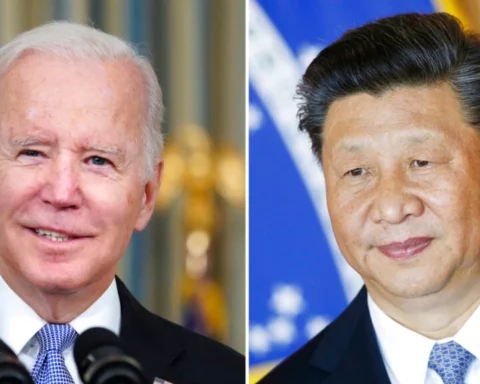During her Cabinet reshuffle announcement on Monday, Prime Minister Jacinda Ardern announced that Mahuta would be replacing Winston Peters in the role after New Zealand First was ousted from Parliament in last month’s election.
Following Ardern’s announcement, Labour’s Māori ministers addressed reporters on the significant level of Māori representation, with five ministers in Cabinet, two ministers out of Cabinet – including Green Party co-leader Marama Davidson – and parliamentary under-secretary Rino Tirikatene.
When asked by a reporter on the significance of her milestones, Mahuta graciously responded that her successes followed a long line of landmarks achieved by New Zealand women.
“It’s a huge privilege, but I hope that when people reflect on a number of firsts of many women in this Parliament, it’s the legacy that we’ve inherited,” she said. “The first country to give women the right to vote, the first country to ensure that we are progressive on issues relating to women.
“I follow in the line of a long legacy of firsts for women, and I hope that many other women of Māori descent, mixed descent, across New Zealand will see this as lifting the ceiling once again on areas that have been very much closed to us in terms of professional opportunities.”
As well as the Foreign Affairs portfolio, Mahuta has retained her role as Minister of Local Development and will serve as Associate Minister for Māori Development.
In addition to Mahuta, Labour’s fresh Cabinet features Māori ministers Kelvin Davis, Peeni Henare, Willie Jackson and Kiri Allan, as well as Meka Whaitiri and Marama Davidson as out of Cabinet ministers.
Kelvin Davis has retained his role as Deputy Leader of the Labour Party, but decided not to take on the role of Deputy Prime Minister, a position which has been given to Finance Minister Grant Robertson.
Who is Nanaia Mahuta?
Mahuta was first elected to parliament in 1996, and has previously held a number of portfolios, including the minister of local government and Māori development.
She is related to the late Māori queen, Te Arikinui Te Atairangikaahu, and the current Māori monarch, Kingi Tuheitia, according to RNZ. The Kīngitanga, or Māori King movement, dates back more than 160 years and is a significant political presence in New Zealand.
In 2016, Mahuta took part in a traditional moko — or Māori tattooing design — ceremony, and became the first woman to wear a moko kauae to parliament.
Moko are hugely symbolic and contain information about a person’s ancestry, history and status. There are also sacred protocols around tā moko — the act of applying a moko to a person. Historically, moko were applied with chisels but now tattoo machines are often used.
Minister for Māori Development Nanaia Mahuta during a tour of Te Puia New Zealand Māori Arts and Crafts Institute on May 19, 2020 in Rotorua, New Zealand.
At the time, Mahuta said she hadn’t given a lot of thought to how her tattoo would break new ground. “I’ve just thought about more a longer projection of my walk in life and kind of the way I want to go forward and make a contribution. That’s the main thing for me,” she said, according to the RNZ report.
Rukuwai Tipene-Allen, a political journalist for Māori Television who also wears a moko kauae, said Mahuta’s appointment was hugely significant.
“The first face that people see at an international level is someone who speaks, looks and sounds like a Māori,” she said. “The face of New Zealand is Indigenous.”
She said the fact Mahuta wears a moko kauae is hugely empowering.
“It shows that our culture has a place at an international level, that people see the importance of Māori, and the point of difference that being Māori brings to such a role,” Tipene-Allen added. “Wearing the markings of her ancestors shows people that there are no boundaries to Māori and where they can go.”
Politicians from both sides of the political spectrum congratulated Mahuta on her appointment as foreign minister, with Simon Bridges — the former leader of the center-right National Party — saying: “It’s an important time internationally and you’ll be great.”
Green Party politician Golriz Ghahraman — who was New Zealand’s first elected refugee MP — congratulated Mahuta, saying it was “exciting” that the country was “decolonizing” its voice in foreign affairs.





